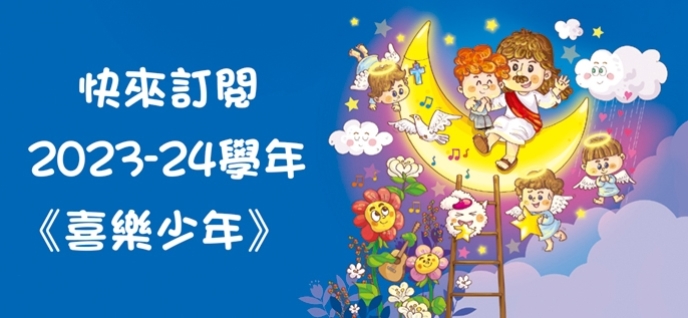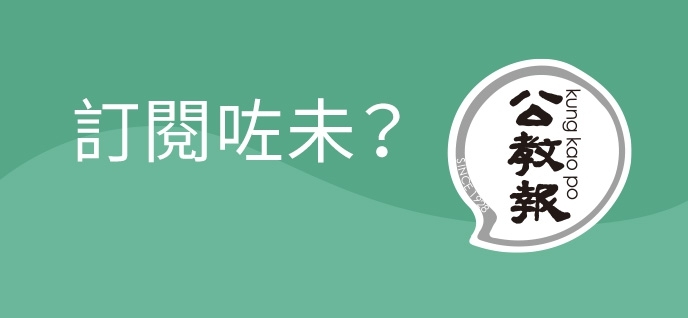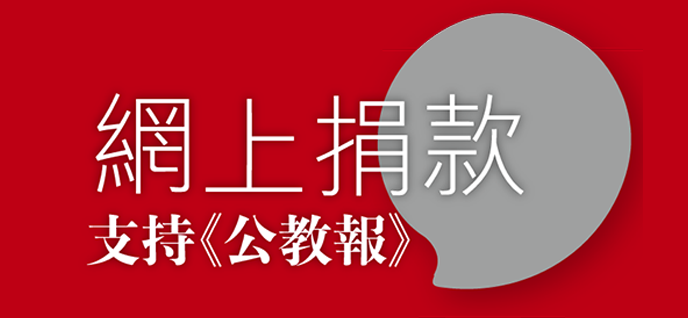
Head in the clouds
What are clouds? Scientists say that clouds are made up of tiny water droplets or small ice crystals suspended in the atmosphere at different heights. Small children say that clouds are white sheep or puffs of cotton.
Is it a compliment when your teacher says the following sentence to you in class?
" You have your head in the clouds."
The idiom "head in the clouds" , which means daydreaming or not paying attention, was first recorded in a novel entitled " Leonora " by Maria Edgeworth in London in 1806.
" You would have a wife with her head in the clouds, would you? "
When the scientific studies of clouds were still being developed, clouds were considered as formless and obscure things high up in the sky out of reach from human beings. Based on this perception, the imagery of the idiom " head in the clouds " refers to someone whose mind is very far away or who has unrealistic expectations.
The opposite of this idiom is " have your feet on the ground", which means to be practical and sensible.
雲是甚麼?科學家說,雲是由懸浮在大氣層中的微小水珠或細小冰晶所形成的,處於不同高度。幼童說,雲是白綿羊或棉花團。
如果老師在課堂裡對你說出以下的句子,那是否誇獎你呢?
You have your head in the clouds.
Head in the clouds這個習語的意思是做白日夢或不留心。它最早記載於1806年在倫敦出版、由瑪麗亞.埃奇沃斯撰寫的小說《利奧諾拉》。
You would have a wife with her head in the clouds, would you?
昔日,當關於雲的科學研究還在發展中的時候,雲被認為是沒有形狀、朦朧不清的東西,高高掛在天空上,對人類是遙不可及的。基於這個概念,head in the clouds這個習語的比喻指的是一個人心不在焉或有著不切實際的期望。
這個習語的相反說法是have your feet on the ground,意即實事求是、通達明智。

捐款支持公教報 http://kkp.org.hk/donation






